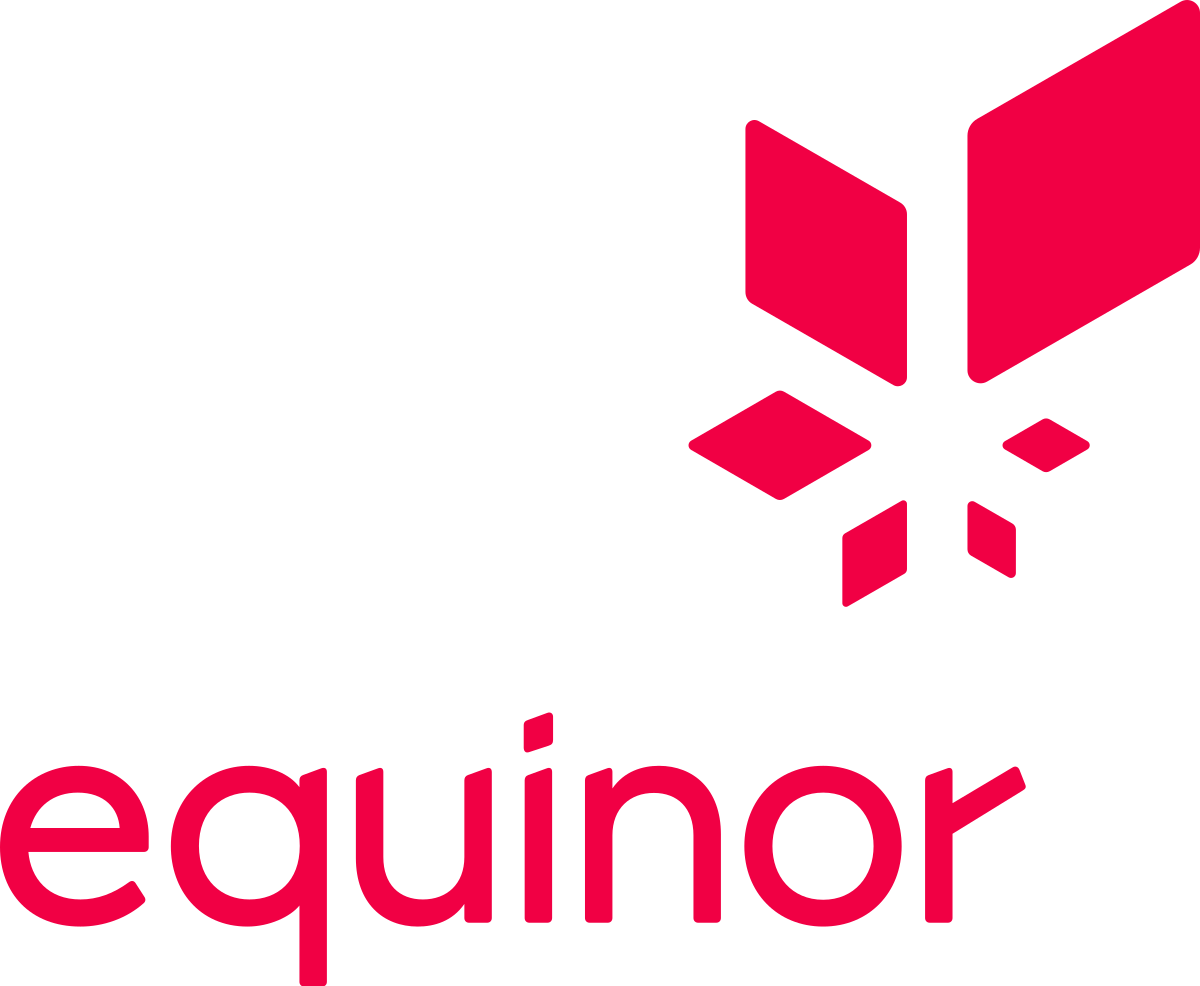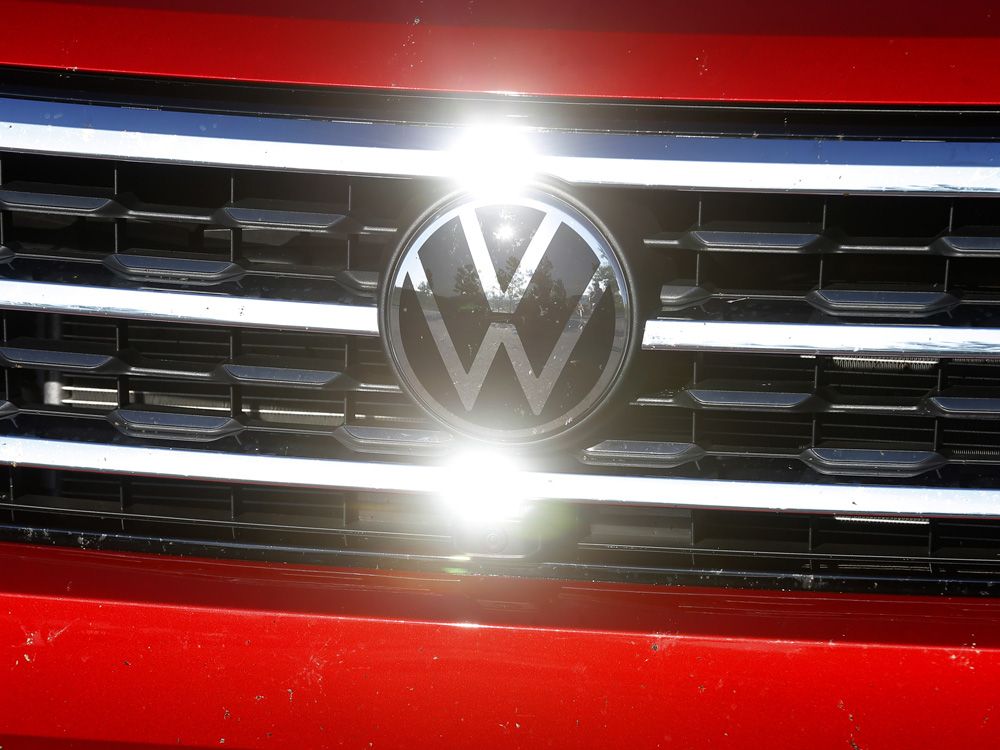On the subject of diversification, Alberta has a lot of the tools so to speak to embrace a 1/2 dozen major sectors.
It can be at the forefront of energy (oil/gas/wind/solar); it can be a large player in Agriculture, particularly, Wheat and Beef, It can have a significant tourism sector, anchored by Banff/Jasper with hiking, white water rafting, skiing etc., and can also play in other sectors made possible by a relatively well educated, urban, diverse population.
Its not so much out of balance because those other things don't exist or require vast sums of public money, but rather because of over-emphasis and gratuitous money poured into the Oil Sands.






